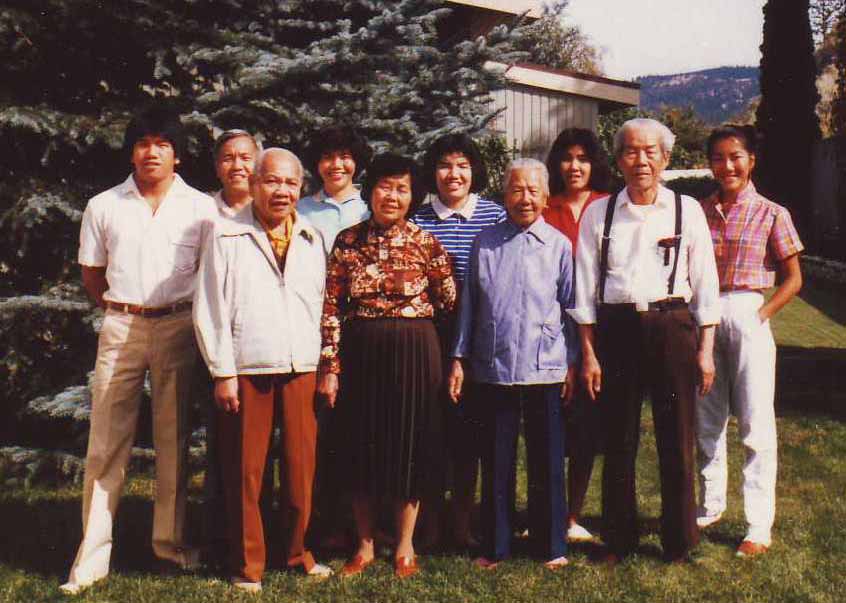The Head Tax in Kamloops
Kamloops, a picturesque city nestled in the heart of British Columbia, holds a storied history that includes the struggles and triumphs of its early Chinese immigrant population. Among the many challenges faced by Chinese immigrants, one of the most notorious was the Head Tax – a discriminatory policy that left an indelible mark on the Chinese community in Kamloops and across Canada.
In the late 19th and early 20th centuries, Chinese immigrants arrived in Kamloops seeking opportunities to build a better life for themselves and their families. They played a vital role in the construction of the Canadian Pacific Railway and contributed significantly to the growth of the region’s economy. However, their dreams were overshadowed by the implementation of the Chinese Head Tax.
Enacted as part of the Chinese Immigration Act of 1885, the Head Tax imposed a substantial fee on every Chinese immigrant seeking entry into Canada. The tax started at $50 and increased over the years, reaching an astonishing $500 by 1903. This exorbitant sum made it exceedingly difficult for Chinese immigrants to reunite with their loved ones or bring their families to Kamloops.
The impact of the Head Tax on the Chinese community in Kamloops was profound. Families were separated for years, and many Chinese workers had to endure harsh living conditions and low wages. Yet, they persevered, forming a close-knit community that supported one another during these trying times.
In Kamloops, as in other parts of Canada, the Chinese immigrants faced discrimination, exclusion, and the burden of the Head Tax made it challenging to improve their socio-economic status. Despite these adversities, they established thriving businesses, became active members of the community, and contributed immensely to the development of Kamloops.
Today, Kamloops stands as a testament to the resilience and enduring spirit of its Chinese community. As the city commemorates the history of the Chinese Head Tax, it acknowledges the injustice and suffering experienced by its early residents. This recognition is a crucial step in fostering understanding, promoting healing, and building a more inclusive future.
The official apology from the Canadian government for the Head Tax serves as a significant milestone in rectifying historical wrongs. Alongside the apology, initiatives such as community funds, museums, and educational centers aim to ensure that the stories of Chinese immigrants are preserved and shared with future generations.
Through understanding and learning about the history of the Head Tax, Kamloops and Canada as a whole can continue to work towards reconciliation and create a society that values diversity, equality, and compassion. The experiences of Chinese immigrants in Kamloops remind us of the importance of respecting and celebrating the contributions of all communities that have helped shape the nation’s identity.
As the sun sets over Kamloops, casting a warm glow over its diverse streets, the memory of the Head Tax serves as a solemn reminder of the past. It is a reminder to embrace a future where the mistakes of history are not forgotten but used as stepping stones towards a more harmonious and united Canada.

